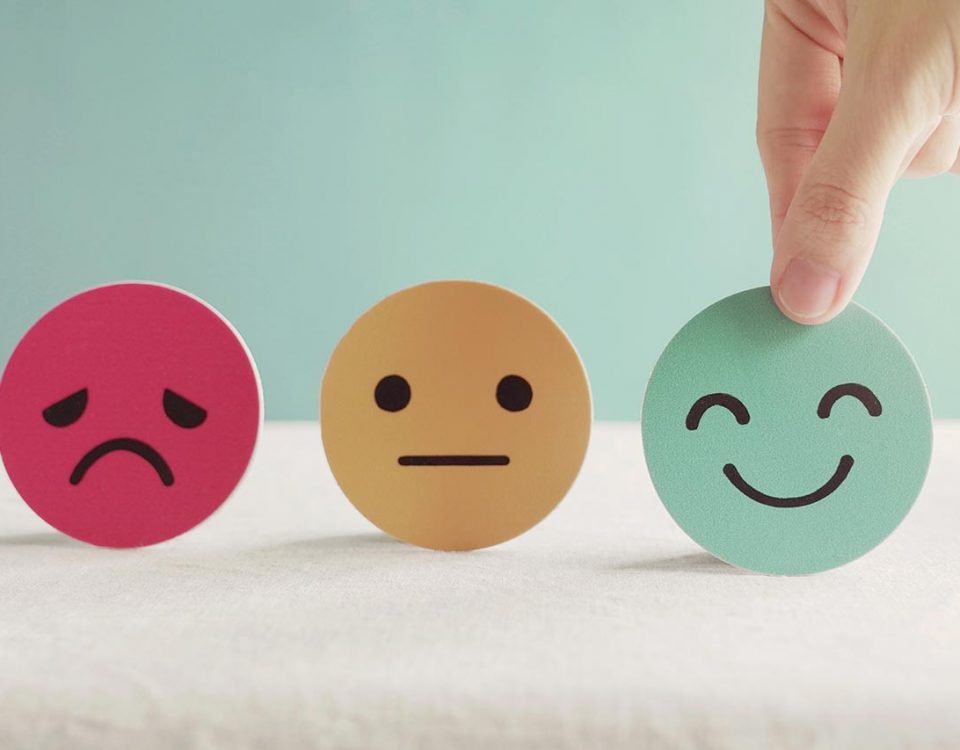


What Is Outpatient Mental Health Treatment?
February 27, 2018


Guide on Motivational Interviewing
April 10, 2018How to Treat an Anxiety Disorder


An anxiety disorder, also known as an affective disorder, is one of the most common mental health problems occurring today.
Anxiety can be defined as your mind and body’s natural response to any threatening event, and many people suffer from extreme anxiety throughout their day-to-day life. It is very common for people to worry and experience some form of anxiety during a specific situation. However, severe anxiety produces extreme symptoms that keep people from performing their normal activities. Treatment is available for all who suffer. These individuals deserve a rehab that properly knows how to treat an anxiety disorder. Luckily, our facilities for mental health offer numerous treatment methods appropriate for everyone based on their diagnosis.
Different Kinds of Anxiety Disorders
Anxiety disorders are a collection of mental illnesses marked by excessive and persistent emotions of fear, anxiety, and unease. These illnesses profoundly affect a person's everyday functioning, interpersonal interactions, and general well-being. Not all disorders are the same, with an anxiety hierarchy accentuating the unique ways a person can be affected. Understanding the various types of anxiety disorders is essential for recognizing them and determining the best course of treatment.
The 5 types of anxiety disorders include:
- Generalized Anxiety Disorder (GAD): GAD is marked by intense worry and dread over ordinary events, frequently without any clear reason. Physical symptoms like restlessness, irritation, muscle tension, and trouble concentrating can occur in people with GAD. Their capacity to perform well in various aspects of their life can be hampered by ongoing discomfort.
- Panic Disorder: This is defined by recurring and unexpected panic attacks, which are severe moments of dread accompanied by physical symptoms such as high heart rate, chest pain, shortness of breath, and a sense of impending doom. Frequently, people with panic disorder constantly worry about having another panic attack, which causes avoidance behaviors and serious distress.
- Social Anxiety Disorder (SAD): SAD is characterized by an extreme fear of social situations and a continuous concern about being criticized or embarrassed by others. People who struggle with social anxiety may avoid social situations, public speaking engagements, or any other scenario that calls for interpersonal interaction. Their dread of humiliation may profoundly impact their personal and professional life.
- Specific Phobias: These are defined by an extreme and illogical dread of particular things, circumstances, or activities. Fears of heights, spiders, flying, and needles are some of the most common phobias out there. Exposure to feared stimuli can cause rapid, severe anxiety sensations, which might cause avoidance strategies to interfere with everyday tasks and routines.
- Obsessive-Compulsive Disorder (OCD): OCD is defined by intrusive thoughts (obsessions) and repetitive activities or rituals (compulsions) carried out to reduce anxiety or avert perceived damage while being frequently classified as an anxiety disease. Obsessions and compulsions can interfere with daily life and relationships and take up a lot of time.
Is Healing Anxiety a Possibility?
While completely eliminating anxiety may be difficult, there has been great improvement in controlling and reducing its effects. Knowing how to treat an anxiety disorder is often one of the first steps to successfully learning to live with it. Numerous therapeutic modalities, including medication, cognitive-behavioral therapy (CBT), and mindfulness exercises, have demonstrated encouraging outcomes in helping people manage their anxiety and take back control of their lives. People can significantly reduce their anxiety symptoms and develop feelings of healing and power by using a multifaceted strategy that incorporates evidence-based therapies, individualized methods, and continuing support.
A unique and progressive process is required to overcome anxiety. It is crucial to realize that getting better does not always include completely getting rid of worry. Instead, it entails learning efficient coping skills and methods to deal with anxiety-provoking circumstances and lessen their negative effects on daily life.
Therapy can be incredibly helpful in this process by giving people a safe place to examine the underlying causes of their anxiety, recognize triggers, and establish more constructive thought and behavior patterns. A balanced diet, regular exercise, restful sleep, and stress-reduction techniques are further lifestyle changes that can greatly aid with anxiety control. The development of a strong support system and the practice of self-care rituals that encourage rest and self-compassion are also essential to the healing process.
While the fact remains that anxiety can be a chronic condition, it's vital to keep in mind that many people make substantial progress and enjoy happy lives while having it. A combination of acceptance, self-awareness, and resilience is necessary to overcome anxiety. It necessitates accepting that worry exists but not allowing it to dominate or define one's life. People can start along a path of recovery, releasing anxiety's hold and finding new hope and possibilities for a better future by getting the right professional support, taking care of themselves, and adopting a holistic approach to well-being. Keep in mind that healing is an ongoing process of growth and self-discovery rather than a destination.
Customized Treatment
Everyone requires their own form of treatment based on their mental health disorder and specific needs. Our residential mental health facilities offer customized care and have an array of treatment methods available for all our clients. For example, your anxiety disorder may benefit from cognitive behavioral therapy mixed with medication. During cognitive behavioral therapy at Banyan, clients learn to control their thinking and learn coping skills when situations get tough.
Aside from pursuing mental health treatment, there are mind and body tips you can focus on to actively manage your anxiety. For example, maintaining a positive attitude will replace your negative thoughts with optimistic ones and help you focus on a positive perspective. It is also suggested to get enough sleep and eat a well-balanced diet to lower your stress levels.
At Banyan Mental Health, we can successfully treat your anxiety disorder, and we offer numerous unique treatment methods with individualized care. Contact our facility today for more information, or call 888-280-4763. We can help!
Related Reading







